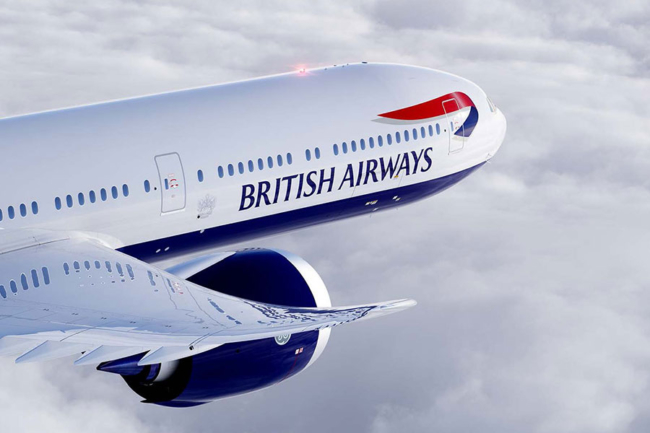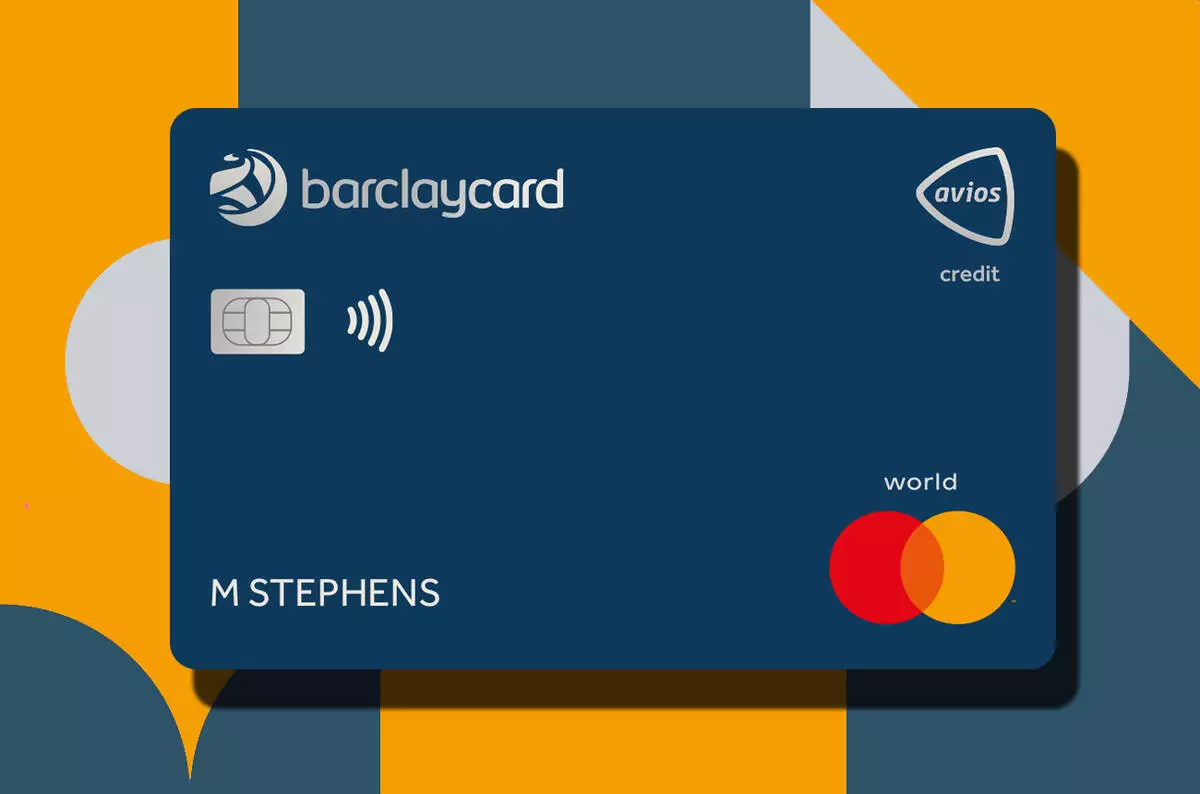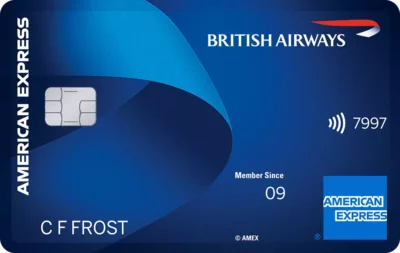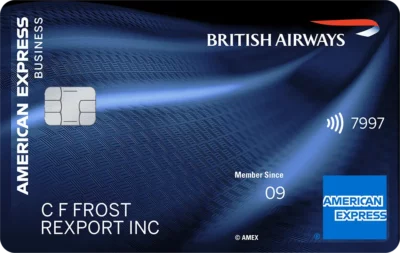British Airways debt now rated as ‘junk’ by all three major credit rating agencies
Links on Head for Points may support the site by paying a commission. See here for all partner links.
Moody’s has joined fellow rating agencies Fitch and Standard & Poors in cutting British Airways debt to ‘junk’ status.
In early April, as we covered, Fitch cut the credit rating of British Airways plc from BBB- to BB+. Whilst there was no press announcement, the IAG website here shows that S&P cut the debt of British Airways plc to BB – also ‘junk’ – on 20th May.
(For clarity, this downgrade is specifically for British Airways and not for its parent, International Consolidated Airlines Group. This is because the debt which has been downgraded is ringfenced against the British Airways operation.)
You can see a summary of Fitch’s reasoning from early April here.

Moody’s has now followed. Having S&P and Moody’s downgrade its debt is a headache for British Airways, because many investment funds are not allowed to hold debt which is rated as junk by two or more ratings agencies.
Moody’s has cut its BA rating from Baa3 to (ironically) Ba1. The outlook is ‘negative’, meaning that the next move is more likely to be downwards than back up to investment grade.
A detailed summary of the Moody’s report on British Airways is here but you will need to register with the Moody’s website to read it. Here are some key extracts:
The rating was driven by, in their view:
The increasing duration and severity of the coronavirus outbreak
Moody’s expectation that the airline industry will remain deeply constrained in 2020 and 2021 and will not recover 2019 passenger volumes until 2023 at the earliest
Despite current substantial liquidity, risks that financial resources could be under pressure from further coronavirus outbreaks and extended restrictions on air travel
The likelihood that the company will incur substantially increased debt during the coronavirus pandemic, and faces challenges to recover its balance sheet in the next two to three years
The company’s strong market position, high profitability, strategic importance to the United Kingdom economy and expectation of its continuing industry leadership
The company said:
“Moody’s expects flight activity to resume over Q3 and Q4 of 2020, but remaining severely depressed, with domestic flights recovering earlier and a slower return for international and long haul flights.
With around 80% of capacity outside Europe and a high exposure to business travel and premium leisure, Moody’s expects that as flights resume British Airways will see a slower recovery profile than the industry as a whole. The United Kingdom’s current plans to quarantine international air passengers arriving from outside Ireland are also likely to affect British Airways’ ability to resume meaningful volumes in 2020.”
and (bolding mine):
“The company also has substantial levels of unencumbered aircraft fleet and has the potential to monetise its air miles loyalty scheme which could be used to further enhance liquidity. Moody’s estimates that the company has liquidity to support around one year of groundings before additional funds are raised, although this remains subject to some uncertainty particularly in relation to the level of potential customer refunds for cancelled flights.”
and
“IAG has hedged around 90% of its expected fuel burn for 2020 and has reported a mark-to-market loss of around €1.5 billion which is expected to be incurred in cash during the year. Moody’s estimates that British Airways’ share of this cost in the range £600-700 million.”
and
“Moody’s expects that British Airways will incur substantial additional debt to support its liquidity and cash consumption during the coronavirus outbreak, and that cash generation is unlikely to be sufficient thereafter to restore balance sheet metrics by 2023.”
On the upside:
“At the same time the rating reflects Moody’s expectation that British Airways will remain a leading operator in the industry and that it is likely to gain market share and improve operational efficiencies after the crisis. This is supported by its position as the UK’s leading international scheduled airline, with a strong premium brand and competitive positions on key routes and airports including at London Heathrow Airport.
It also reflects the company’s high operating margins, its extensive global network, further supported by its membership in the one-world alliance and its position within IAG, and its strategic importance to the UK’s economy and connectivity.”
Moody’s does not address the issues caused by the current British Airways order book, which had caused concern in the earlier Fitch report. Last year, British Airways placed a firm order with Boeing for 18 x Boeing 777-9 aircraft (pictured above). These have a list price – admittedly before a substantial discount which BA will have negotiated – of $442 million each.
As of February 2019, British Airways was also committed to 12 x Boeing 787s, four 777-300ERs and 18 x Airbus A350, albeit some of these are already delivered.
PS. If you are not a regular Head for Points visitor, why not sign up for our FREE weekly or daily newsletters? They are full of the latest Avios, airline, hotel and credit card points news and will help you travel better. To join our 70,000 free subscribers, click the button below or visit this page of the site to find out more. Thank you.

How to earn Avios from UK credit cards (July 2025)
As a reminder, there are various ways of earning Avios points from UK credit cards. Many cards also have generous sign-up bonuses!
In February 2022, Barclaycard launched two exciting new Barclaycard Avios Mastercard cards with a bonus of up to 25,000 Avios. You can apply here.
You qualify for the bonus on these cards even if you have a British Airways American Express card:

Barclaycard Avios Plus Mastercard
Get 25,000 Avios for signing up and an upgrade voucher at £10,000 Read our full review

Barclaycard Avios Mastercard
Get 5,000 Avios for signing up and an upgrade voucher at £20,000 Read our full review
There are two official British Airways American Express cards with attractive sign-up bonuses:

British Airways American Express Premium Plus Card
30,000 Avios and the famous annual Companion Voucher voucher Read our full review

British Airways American Express Credit Card
5,000 Avios for signing up and an Economy 2-4-1 voucher for spending £15,000 Read our full review
You can also get generous sign-up bonuses by applying for American Express cards which earn Membership Rewards points. These points convert at 1:1 into Avios.

American Express Preferred Rewards Gold Credit Card
Your best beginner’s card – 20,000 points, FREE for a year & four airport lounge passes Read our full review

The Platinum Card from American Express
50,000 bonus points and great travel benefits – for a large fee Read our full review
Run your own business?
We recommend Capital on Tap for limited companies. You earn points worth 0.8 Avios per £1 on the FREE standard card and 1 Avios per £1 on the Pro card. Capital on Tap cards also have no FX fees.

Capital on Tap Visa
NO annual fee, NO FX fees and points worth 0.8 Avios per £1 Read our full review

Capital on Tap Pro Visa
10,500 points (=10,500 Avios) plus good benefits Read our full review
There is also a British Airways American Express card for small businesses:

British Airways American Express Accelerating Business Card
30,000 Avios sign-up bonus – plus annual bonuses of up to 30,000 Avios Read our full review
There are also generous bonuses on the two American Express Business cards, with the points converting at 1:1 into Avios. These cards are open to sole traders as well as limited companies.

The American Express Business Platinum Card
50,000 points when you sign-up and an annual £200 Amex Travel credit Read our full review

The American Express Business Gold Card
20,000 points sign-up bonus and FREE for a year Read our full review
Click here to read our detailed summary of all UK credit cards which earn Avios. This includes both personal and small business cards.



 Rob
Rob 





Comments (46)